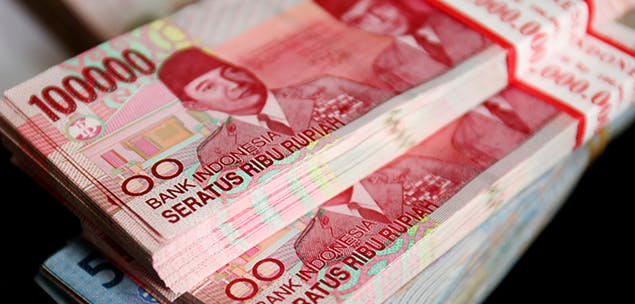An increasingly favourable Indonesian investment climate offers growth opportunities for Australian exporters, according to new analysis from Efic.
Jokowi’s reform drive buoys Indonesia’s investment climate
Indonesia’s investment climate has benefited from 11 wide-ranging reform packages introduced by the government since September 2015.
“This renewed reformist zeal has boosted market sentiment and will aid new efforts to increase underdeveloped trade and investment ties between Australia and our close neighbour. Progress on reforms has helped reignite the possibility of an FTA with Australia”, says Efic Senior Economist, Cassandra Winzenried.
President Jokowi’s reforms have focused on deregulation, domestic industry revitalisation, eased trade restrictions, improved logistics and attracting foreign investment. This has improved the business environment, with a shortened approval process for building and land permits, and reduced processing times at ports. And the “Negative Investment List” has been reduced to allow foreign ownership in growth sectors like communications, health, manufacturing and tourism.
“So far the signs are promising, with the stock market up 18 per cent from the 52-week low at the end of September 2015. In comparison, the MSCI ex-Japan rose just 7 per cent over the same period”, says Winzenried.
China’s ailing corporate profits are a bad omen
Chinese corporate profits fell 1.4 per cent in 2015, the first annual decline since at least 2000.
Profit data in the opening two months of 2016 showed some improvement, but the overall trend remains gloomy. Falling mining profits were behind the disappointing profit numbers, as overcapacity in the resource sector and lacklustre real estate investment has reduced the demand for commodities.
China’s commitment to rebalance the economy away from investment towards consumption suggests mining profits will remain stagnant through 2016.
According to Winzenried, “History in the US and Japan shows us that a sustained downturn in corporate profits often foreshadows an economic downturn, as business responds by cutting hiring and investment.
“However, the 2015 profit numbers do have some positives. Consumer-oriented industries, including processed foods and drinks, medicines and clothing outperformed relative to the commodities sectors, which is consistent with China’s rebalancing narrative.”
Other developments
Efic’s April World Risk Developments also details trends including:
- Dairy prices being expected to remain low during 2016 because of the continuing global supply glut
- The risk of a new political impasse in Greece, following the stalling of negotiations aimed at unlocking additional rescue loans
- Argentina’s improving economic prospects following economic liberalisation reforms by newly-elected President Macri
- Falling oil prices having curbed public spending on infrastructure in the Persian Gulf, which will weigh on demand for migrant workers and remittances to Asia.
To read full report visit: World Risk Developments
About Efic
Efic is a specialist financier that delivers simple and creative solutions for Australian companies – to enable them to win business, grow internationally and achieve export success.
Through its loans, guarantees, bonds and insurance products, Efic has helped many Australian exporters and subcontractors take advantage of new contract opportunities that may otherwise have been out of reach.

